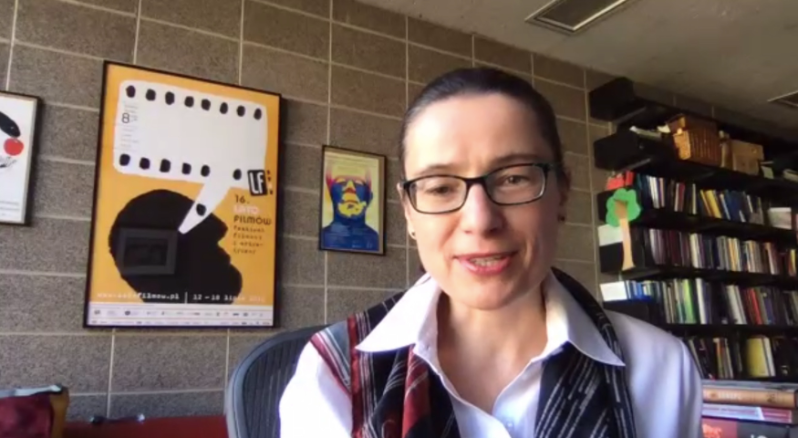Increased political polarization makes a country more vulnerable to the schemes of a “closet autocrat” — an elected leader who implements authoritarian reforms in the disguise of advancing the functionality of his or her country — said University of Chicago political science professor Monika Nalepa at a Thursday event.
Democratic backsliding, or the gradual decline of democracy in a country, becomes more likely “as the preferences of citizens become more polarized,” even if citizens are opposed to authoritarianism, Nalepa said.
While “voters would not knowingly support an autocrat,” in countries like Poland, the country Nalepa researches, voters may be unsure if an incumbent politician has authoritarian ambitions or simply happens to be an ideologue with strong socio-political views, according to Napela. She warned that the closet autocrat will seemingly adhere to democratic institutions at first, but will eventually attempt to transform the system into one that leaves their power unchecked.
As a result, both democratic political ideologues and closet autocrats will enact significant policy changes, Napela said. The difference? A true believer in democracy would not abuse the policy reform to grant themselves greater power, but a closet autocrat would.
However, she said her Polish-based analysis of how the closet autocrat gains power is not representative of all countries experiencing democratic backsliding. Napela explained that the decline of American democracy is due to “a series of actions changing the reference point voters use to evaluate the actions of an incumbent.”
Former president Donald Trump’s norm-shattering term seemed “wildly anti-democratic and anti-liberal” to some Americans, while his supporters saw his actions as “making America great again and entirely in keeping with the rules of democracy.” She said that in the case of a political leader who shirks precedents while maintaining a strong base of support, “the incumbent can actually normalize behavior which by all standards should be unacceptable.” As a result, according to Napela, the integrity of American democracy is subject to differing political biases.
However, for other countries like Poland — where a closet autocrat must disguise power-grabs by enacting reforms that improve their country’s institutions — a citizen’s tolerance for authoritarian policy varies based on how close their own politics are to the incumbent, according to Napela. She added that a citizen’s full confidence could only be won by a politician whose policies do not dynamically change the structure of the nation’s government. But, leaders that stick to this standard are not able to enact substantial institutional reforms.
For example, Polish president Andrzej Duda’s 2018 reforms — which imposed a mandatory retirement age of 65 for judges and made it easier for Poland’s ruling party to appoint new leaders to the Supreme Court — removed holdovers from the communist era and made the country’s courts more efficient. However, “it gave him the ability to stack the court with his own supporters,” Napela said. She added that this is a prime example of a massive institutional reform that could be executed either by a democratic ideologue or closet autocrat.
Ultimately, the citizen must stay engaged in their nation’s politics to correctly distinguish between the two. Whenever a political leader presents substantial policy reforms, “if the citizen were to elect a closet autocrat that autocrat would then move very far on the authoritarian dimension,” Napela said.
